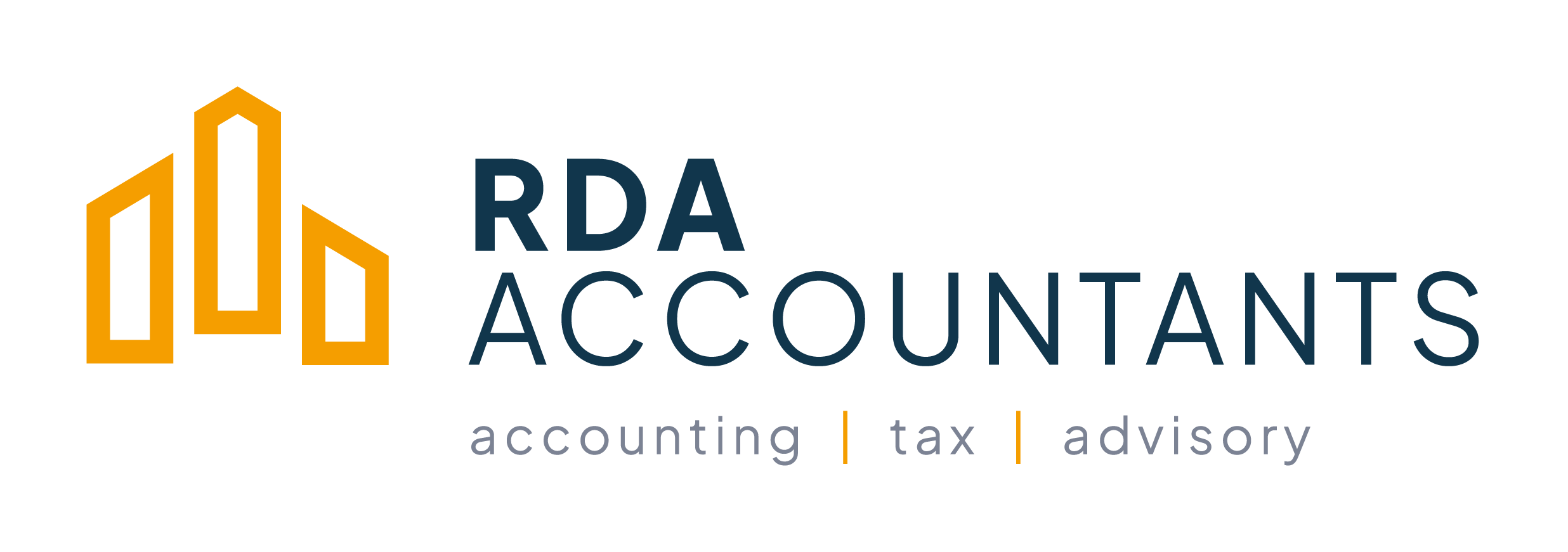Subject to certain conditions, relief from income tax is available by way of a deduction from...
The Employment and Investment Incentive (EII) Scheme - what is this?
This scheme is a tax relief incentive scheme that provides tax relief for investment in certain corporate trades. It has essentially been introduced to replace the Business Expansion Scheme (BES), which encouraged individuals to invest in companies operating in certain sectors of the Irish economy, by granting tax relief for their investments. The new EII scheme enables investment in a wider range of companies to qualify for tax relief and also increases the limits in relation to the size of investments that may qualify. The aim of this scheme is to stimulate greater investment in the SME sector.
Under the EII scheme, income tax relief at an effective rate of 30% of the amount invested is allowed in the year of investment. Further tax relief of 11% (to bring the effective rate of tax relief to 41%) is deferred until the third anniversary of the investment and is subject to certain conditions being satisfied.
The scheme allows an individual investor to obtain the above income tax relief on investments up to a maximum of €150,000 per annum, in each tax year up to 2013. Any investor, who cannot obtain relief on all of their investment in a year of assessment, can carry forward the unrelieved amount to following years up to and including 2013.
In order to qualify, investors must be resident in the state for the tax year in which they make any claim and must purchase new ordinary share capital in the qualifying company. The shares must be held for at least three years if the investor wants to retain the full tax relief. Other qualifying conditions must also be met before the full tax relief is available.
Importantly, employees and directors of the investee company may invest in the company under the scheme, subject to certain qualifying criteria. Individuals may also qualify in respect of investment in companies owned or run by family members or close relatives of theirs (provided they are not otherwise disqualified).
This scheme is available to the majority of small and medium sized trading companies, which require investment. As a result of this, the scheme is potentially a valuable source of funding to the SME sector in the current economic climate. However in order to qualify, the company must be unquoted and must use the equity raised for the purpose of carrying on relevant trading activities, or if the company has not yet commenced to trade in incurring expenditure on research and development. In addition, the use of the funds must contribute directly to the maintenance or creation of employment in the company.
Given the complexity of the EII scheme, I would advise that anyone interested in availing of it, for themselves or their business, contact a qualified tax professional to determine whether all qualifying criteria are met. The considerable tax relief available for investors and the potential funding available for small businesses, means that this scheme is undoubtedly worthy of significant consideration.
